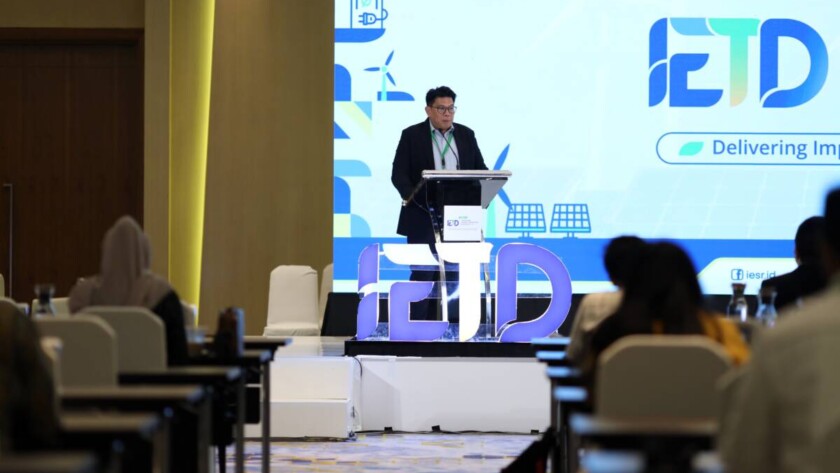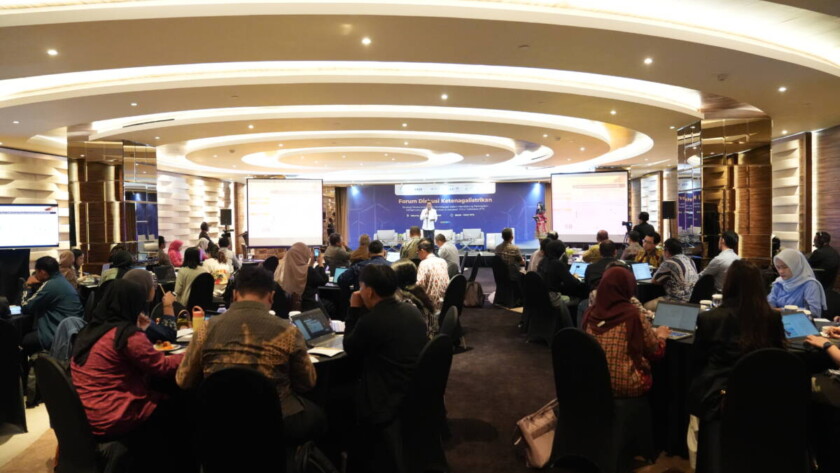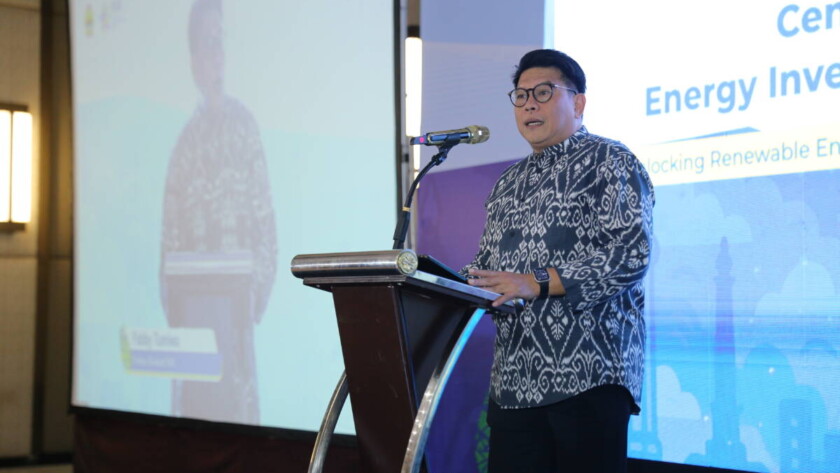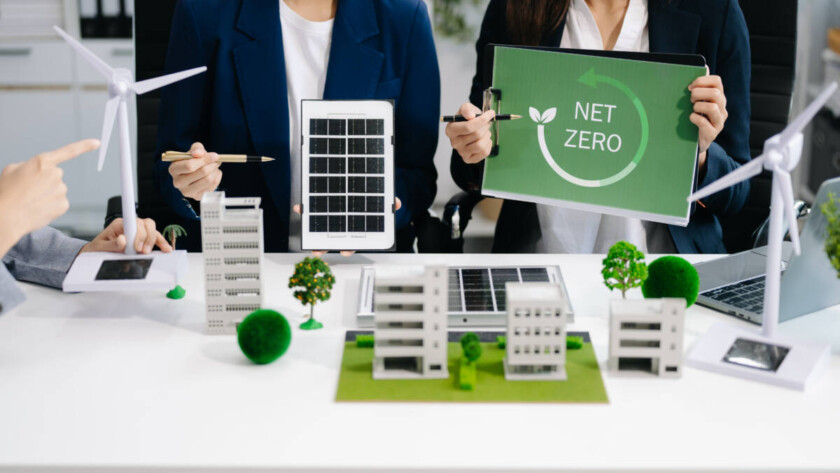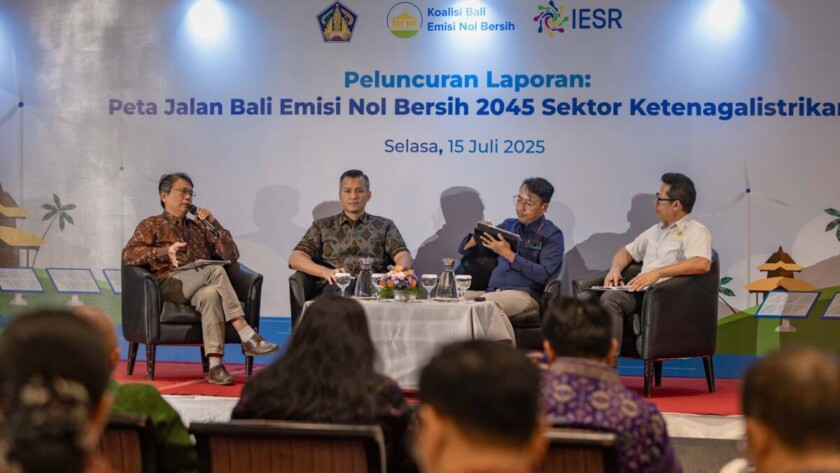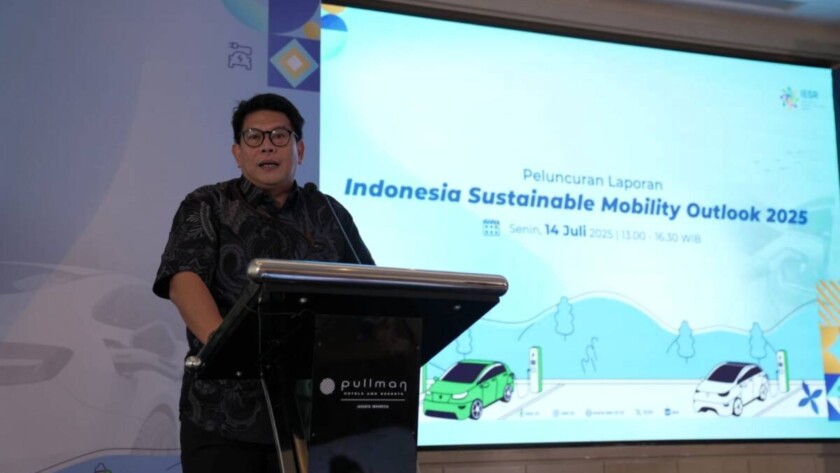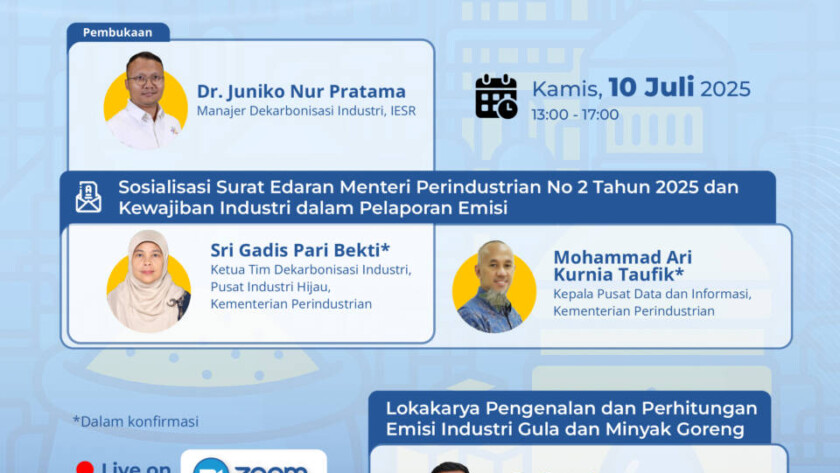Background
A total of 99 countries have submitted documents outlining their latest climate commitments, or Second Nationally Determined Contributions (SNDCs), ahead of COP30 in Belém, Brazil (UNFCCC, 2025). The Government of Indonesia is currently finalizing the preparation of its SNDC–a strategic document that will guide national climate policies for the 2031–2035 period (KLH, 2025).…


